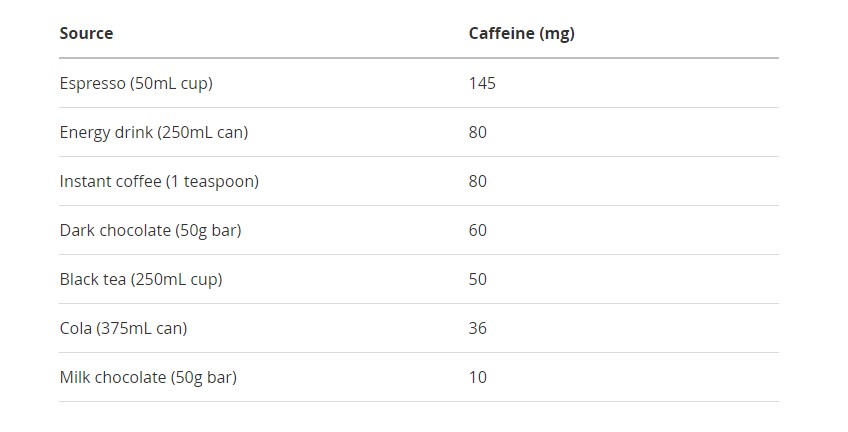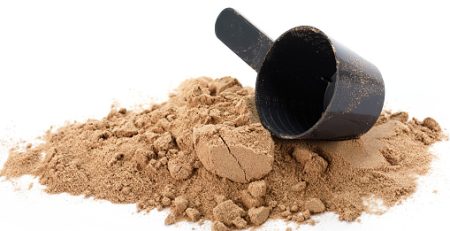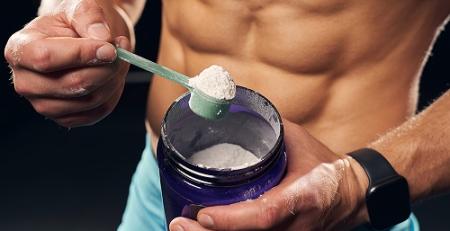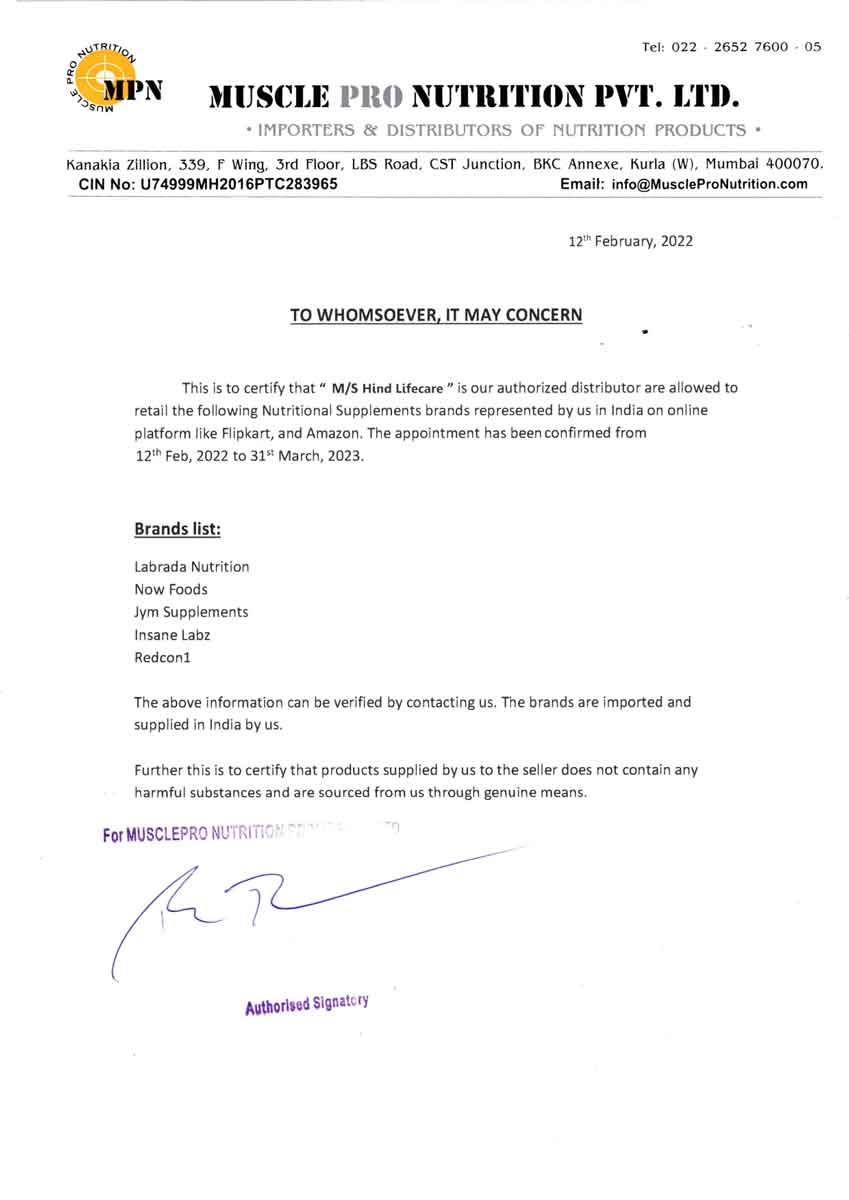Caffeine Basics 101: Benifits of Caffeine.
Caffeine Basics 101: Benifits of Caffeine.
What is Caffeine? Benifits of Caffeine?
Caffeine is a natural stimulant found in various plants, most commonly in coffee beans, tea leaves, cacao pods (used to make chocolate), and kola nuts. It’s known for its ability to temporarily enhance alertness, reduce fatigue, and increase concentration.
How Does Caffeine Work? Caffeine functions by blocking the action of adenosine, a neurotransmitter that promotes sleep and relaxation. By blocking adenosine’s effects, caffeine increases the activity of other neurotransmitters like dopamine and norepinephrine, leading to increased wakefulness and improved cognitive function.
Sources of Caffeine: Common sources of caffeine include:
- Coffee: Coffee is one of the most popular sources of caffeine. The caffeine content can vary based on factors like bean type, brewing method, and serving size.
- Tea: Tea, including black, green, white, and oolong varieties, contains caffeine. The amount of caffeine varies based on tea type and steeping time.
- Energy Drinks: These beverages often contain caffeine, along with other stimulants and ingredients that provide an energy boost.
- Soft Drinks: Many sodas and cola drinks contain caffeine, though usually in lower amounts compared to coffee and energy drinks.
- Chocolate: Caffeine is found naturally in cocoa beans, so chocolate products like dark chocolate and cocoa-based products also contain some caffeine.
- Caffeine Supplements: Some people use caffeine supplements in the form of pills or powders, typically for specific athletic or cognitive performance goals.

Effects and Benefits of Caffeine: Caffeine can have several positive effects, including:
- Increased Alertness: Caffeine can help combat feelings of drowsiness and increase wakefulness.
- Improved Concentration: It may enhance cognitive functions like attention, memory, and problem-solving.
- Boosted Physical Performance: Caffeine can improve endurance and exercise performance by increasing adrenaline levels.
- Reduced Perception of Effort: It might make physical tasks feel less challenging, helping athletes push harder.
Safe Consumption Guidelines:
- For most healthy adults, moderate caffeine consumption (about 200-400 mg per day) is considered safe and may offer benefits.
- Pregnant women, individuals with certain medical conditions, and those sensitive to caffeine should consume less or consult their healthcare provider.
Conclusion: Caffeine can be a useful tool when used in moderation and with awareness of its effects. However, like any substance, it’s important to be mindful of your own tolerance, preferences, and health considerations. If you have concerns about caffeine consumption or its effects on your health, consider consulting a healthcare professional.
FitBasket Recommended Caffeine Supplments:
- Kaged Muscle PurCaf Caffeine (https://fitbasket.in/product/kaged-muscle-caffeine-100-capsules/)
- Nutrex Research Caffeine (https://fitbasket.in/product/nutrex-research-caffeine-60-capsules/)
- GAT Sports Caffeine (https://fitbasket.in/product/gat-caffeine-100-tablets/)
- AllMax Nutrition Caffeine 200mg (https://fitbasket.in/product/allmax-nutrition-caffine/)
- Pole Nutrition Caffeine 200mg (https://fitbasket.in/product/pole-nutrition-caffeine-200mg-100-capsules/)















Leave a Reply